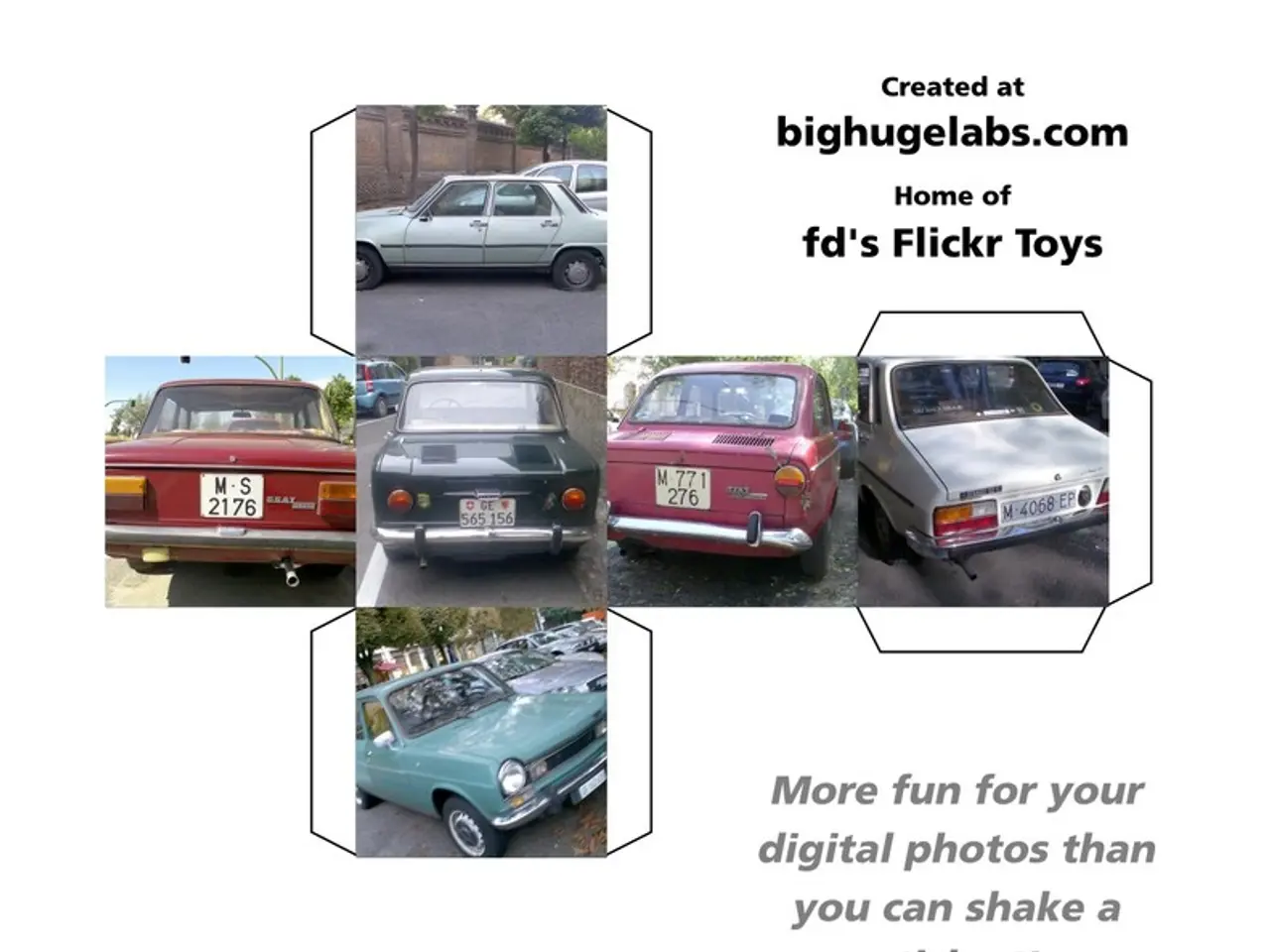Digital Tech to Slash German CO2 Emissions by 288 Million Tons by 2030
Digital technologies are set to significantly cut CO2 emissions in Germany. By 2030, they could slash emissions by 288 million tons, more than half of the targeted savings.
The potential is vast. In the transportation sector alone, digital innovations could reduce emissions by almost 40 percent, or 115 million tons. This is achieved through advanced traffic management systems that minimise congestion and accidents. Such systems are already in use in progressive regions like Asia and Europe, with countries like Vietnam integrating electric mobility plans.
Electricity tariffs are also playing a role. Load-variable and time-dependent tariffs can reduce demand for fossil energy carriers and CO2 emissions by up to 20 percent during peak times.
Digital technologies are proving to be a powerful tool in Germany's fight against climate change. By 2030, they could cut emissions by 288 million tons, a significant step towards the country's sustainability goals.
Read also:
- Boston Metal pioneers route to commercial production for eco-friendly steel method
- United States Secures $632 Million to Fuel Electric Vehicle Revolution
- CDU's Revised A100 Plan: Longer, Costlier Underground Route Divides Berlin
- DKSH Upgrades Distribution Operations Through Significant Technological Renovation








